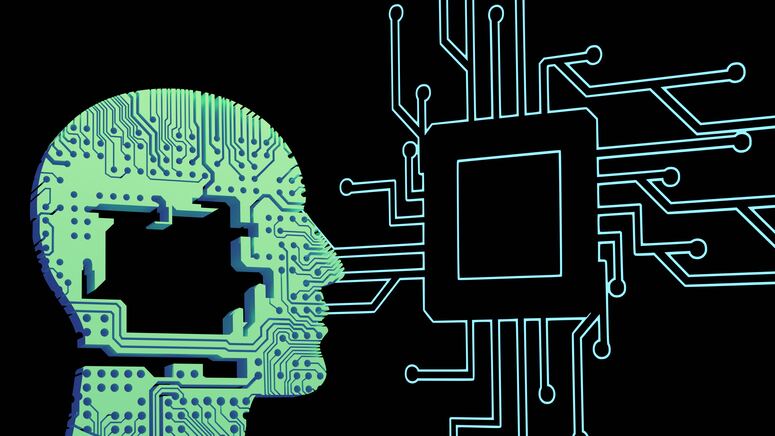
AI security: How is your personal data protected ?
Artificial intelligence tools are increasingly present on the market. They make our daily lives easier and are useful in many fields. The health sector, transport, but also military and civil security are all areas that use AI solutions. The internet also exploits this form of intelligence for many reasons.
One of the biggest doubts in the use of AI solutions is data security. In the development of AI solutions, the issue of privacy through the data collected, processed and stored is important. To ensure this, here is what you need to know about the security of personal data and the AI system.
Artificial intelligence: what are the privacy risks ?
The risks associated with AI come in different ways. In all phases of the development of the solution, up to its deployment and use, these risks have to be considered.
With regard to the protection of private data, the risks increase when the tools used to collect, process and store information do not comply with market requirements. This should be done at the design stage of the AI tool. However, meeting the security and privacy requirements of personal data in detail is not a simple task.
Furthermore, in developing a solution that assists or even replaces human intelligence, developers use various algorithms. In order to implement and apply them in the design of an AI machine, a large amount of information is required. Most of this information is private and personal data. Without this data, an intelligent machine or solution cannot progress. It will also find it difficult to evolve. Therefore, there must be a consideration and reconciliation of the legal rules related to the use of private data, the design and development of an AI solution.
Innovate while respecting the personal information collected
It is easy for a developer of AI solutions to exploit an individual’s personal data to launch their technology. However, for ethical reasons and because AI solutions are intrusive in nature and learn progressively, it is important to respect the privacy of others from the design phase of the technology. The freedom of users must also be taken into account to avoid overexploitation and overexposure of personal data. Compliance with the General Data Protection Regulation must be at the heart of the actions to be undertaken.
Use data wisely and according to the required protection standards
During the design and development of the AI solution, data collection is essential. However, the information collected and processed must meet the required protection standards. It is also important to use the collected data only in a legal way.
The data must therefore be compliant, processed and stored appropriately. The real needs must be identified beforehand. The data must also be processed and stored with clear objectives and a specific purpose. The developer must first evaluate the data he is going to collect. This concerns the quality of the information to be collected, but also its quantity. The idea is to limit as much as possible the data to be processed during the learning stage.
Respect privacy rules through design
Data protection considers principles that must be taken into account even before an AI project is developed. These same principles are to be applied throughout the design, learning, deployment, processing and storage process. In order for the protection rules to be effective in their application, different actors must be involved.
This also considers the establishment of a secure channel to optimize data exchange (TLS, VPN, etc.). A system of traceability of information must also be present to ensure transparency of communication.
As a tool to be used, there are :
- At rest encryption. Data is kept unusable if the appropriate decryption keys are not inserted. The developer of the AI solution must ensure and implement encryption at rest protection.
- Data masking. It is important to mask certain sensitive information in the information scheme. A person’s bank details, for example, are private and should not be exposed to the general public.
- Access control. A particular level of control and authorization must be put in place to be able to touch, process, consult or modify data. The aim is to prevent leaks in the stored information.
- Destruction. If the stored information is no longer needed for the development and evolution of the AI solution, you are legally obliged to destroy it. The owner of the data also has the right to ask you for this destruction procedure.
Adhere to the standards required during the private data collection process
It is important to comply with data protection rules before collecting, processing and storing private data through AI solutions. For this, the owners of the data must be notified and give their approval.
The processing and storage of this data should only be done for a specific purpose. During these steps, appropriate security measures should be applied to ensure the confidentiality and protection of personal data. Once this objective has been achieved, the developer is obliged to delete the data.
The actions to be taken must therefore ensure the transparency and quality of the AI tool developed. It is also vital that they protect the data during its exploitation and processing. This will help to close loopholes and block possible external and internal attacks. The AI system will also take into account the promotion of transparency. Data owners will be able to exercise their rights at any time.
All of this involves the participation of various actors at all levels. These include the developers and designers of the AI solution. They are the guarantors of the compliance of the solution during its entire life cycle. There are also the operators or service providers who use the tool on a daily basis.











